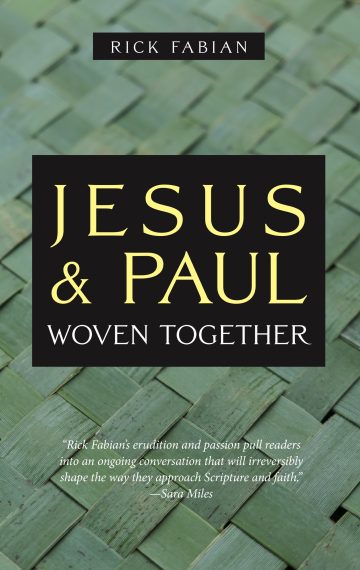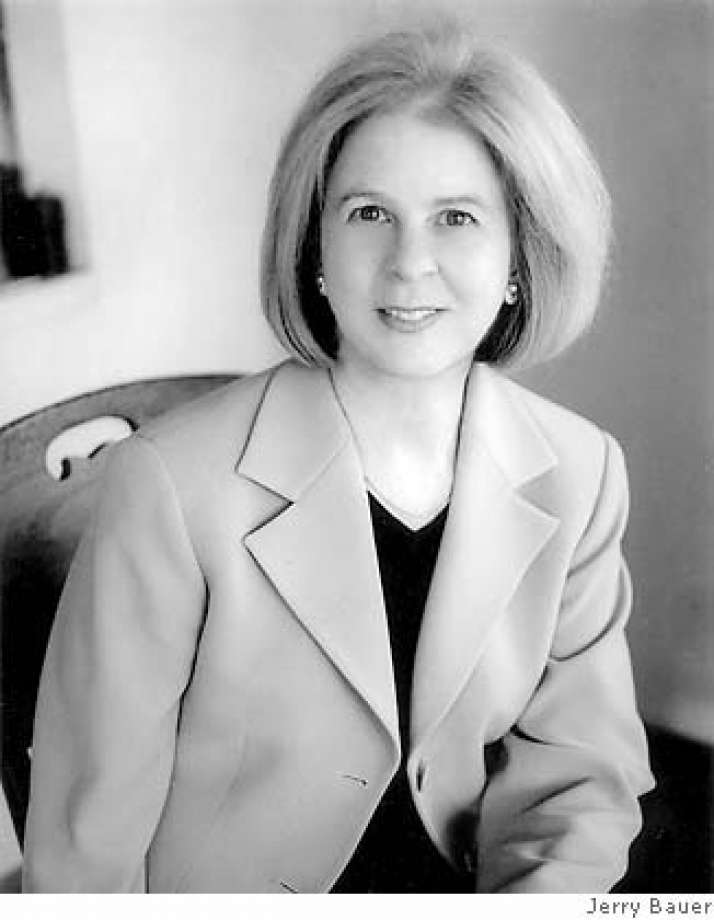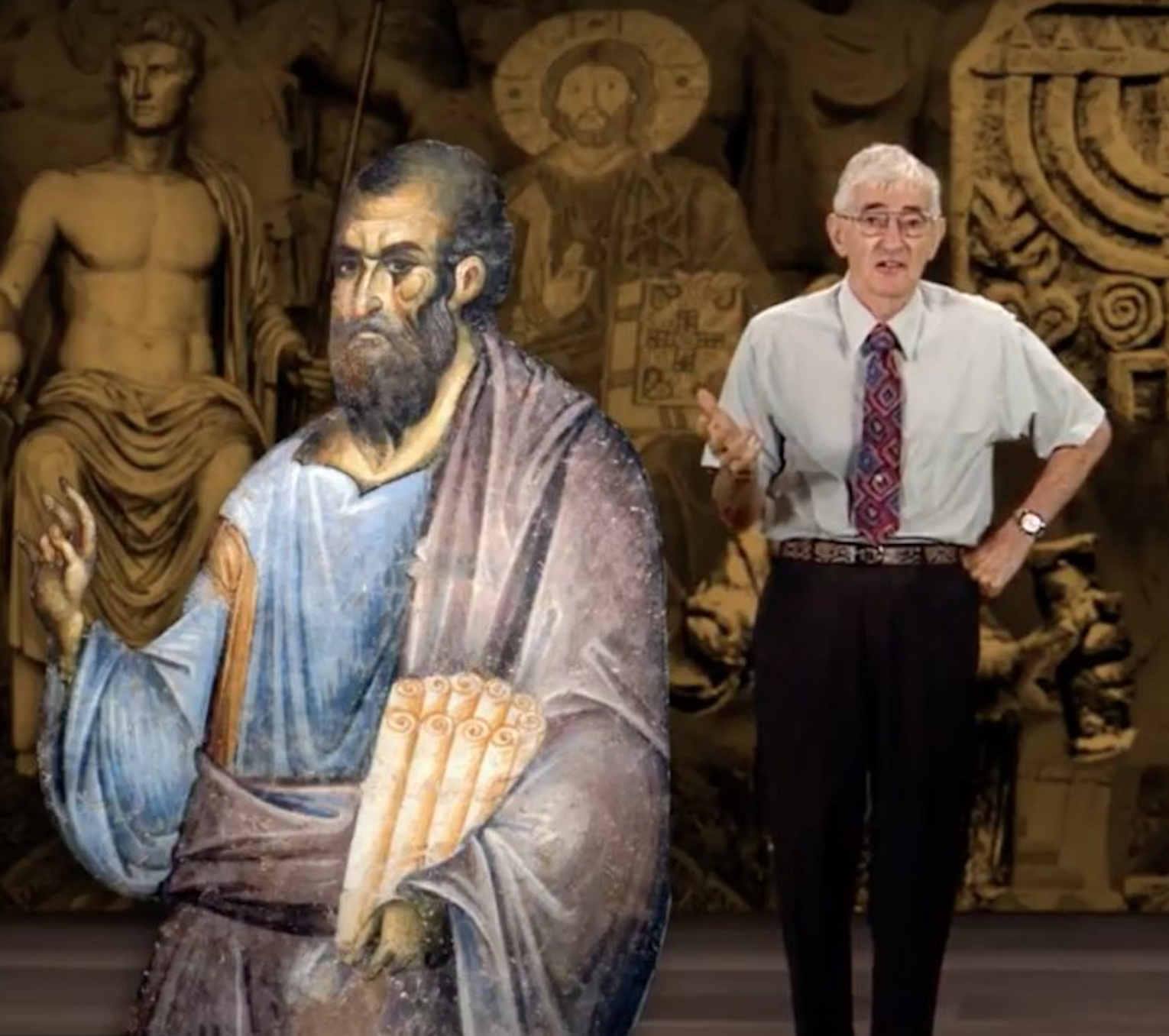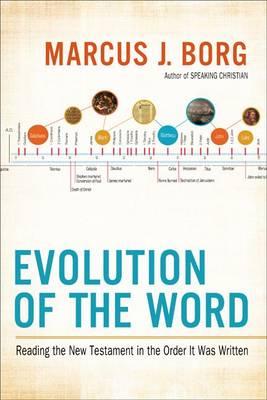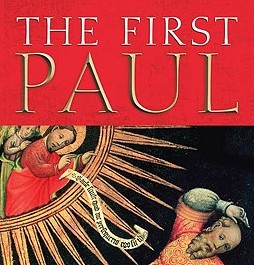By Rick Fabian
Jesus’ words and Paul’s words have changed millions of lives, and will change yours. The Bible records their teachings separately, so we must join them afresh as one. This book will open your ears and your heart to their shared work.
For some time now, Progressive Christians have distinguished themselves from Fundamentalists and Evangelicals by ignoring gender differences, rejecting Biblical literalism and emphasizing the importance of Jesus’ vision for a “kingdom of God on earth.” But the primitive belief that propitiation can be attained through substitutionary atonement still lives on in most Progressive Churches.
Like Jesus, Paul was a radical egalitarian. He was also, it turns out, a first century feminist. In all the churches he helped found and nurture, he insisted on gender equality.
For Paul, baptism is the pre-condition for equality. Simply put, when we are baptized into Christ, there is no inequality. This is true for all relationships, both inside and outside the assembly. For Paul, this was a non-negotiable affirmation that he expected his churches to adhere to.
Given the amount of criticism of Paul over the centuries, if we can try to understand Paul in light of his authentic letters (the seven letters he, in fact, actually wrote), we soon discover that the radical Paul (the Paul of his authentic letters: Romans, 1 and 2 Corinthians, Galatians, Philippians, 1 Thessalonians, and Philemon) had a lot in common with the radical Jesus (the Jesus of history). Stated more accurately, the Jesus we learn of in the gospel stories had a lot in common with Paul.
Christianity before Paul. In order to explore the question of Paul distorting the message of Jesus, we need to ask the question, What was Christianity like before Paul, which would be in the early decades after Jesus' death? Paul wrote his letters from approximately 51-62 CE (Common Era). Therefore, in the thirties and forties CE, what was the Jesus movement like?
Paul learned from his encounter what it means to be a human being. He was shocked and deeply disturbed when he came to understand the limitations and weaknesses of his human nature. His sense of moral superiority was expunged from his consciousness.
Paul and Jesus. The life, mission, and writings of the Apostle Paul loom large over the Christian Church. Whatever our personal opinion of Paul, after Jesus, he remains the major personality in the growth and shaping of the early church. His contribution to Christianity is immeasurable by virtually any standard.
I feel like we are being strangled, the life choked from us – disbelief, sorrow, fear, rage. Violence in the streets, jails, and cages at our border, targeting black and brown men, women, and children; a virus stalking us all, turning familiar comforts into threats.
Some people are highly devotional because it is scary having one's paradigm shattered. This is to be exposed to the chaos of one’s own mind (the devil!). It is much easier to cling to the established artifacts of one’s own thinking then to fall into the pit of chaos. Most people would rather die than admit that the belief system/paradigm that they have carried most or all their life is wrong in spite of proof of error time and time again.
When Paul dictated a paean to love in his message to Corinth, he was not thinking of wedding ceremonies; rather, he was imploring the community to overcome internal conflict.
You may have sung this morning’s hymns and heard the gospel reading and wondered “Is this make-believe?” Perhaps you’ve never entered this church before, let alone attended on an Easter morning. You’re home for the weekend with your family or boyfriend or girlfriend or you’re here alone. Are you’re sitting here struggling over some of the details of the resurrection story that leave you perplexed, cynical or simply scratching your head. These are claims made by the apostle Paul and others who struggle to convey an experience of possibilities that cannot be fully expressed in words.
When John accuses "evildoers" of leading gullible people into sin, what troubles him is what troubled the Essenes: whether—or how much—to accommodate pagan culture.
Jesus is not some sort of cosmic bargain with a demanding, jealous, elsewhere god, sacrificing himself so that we can live happily ever after! Jesus of Nazareth was fully human. The Christ is the experiece of Jesus his followers encountered after his death. The Cosmic Christ is neither human nor divine, but rather a gateway into the MYSTERY’s presence among us. Our BRUNCHtalks continue to explore what it means to be Progressive in approach: Christ-like in action.
Progressive thinkers cannot avail ourselves of the false security fundamentalist believers bring to church Sundays and to the Bible daily. We can, however, compensate for our dismissal of literalism with an answerably intense commitment to metaphor. And metaphor proves especially powerful in narratives. Narrative masters like Dickens can move our hearts as they bring our fellow creatures vividly and credibly alive. But they can do more: they can provoke our intellects and excite our imaginations. We love a story, instinctively, but we go a step farther and subject the tale to closer scrutiny and more probing critical analysis. (That, incidentally, is why I find Luke’s story of the road to Emmaus one of the most affecting New Testament narratives. It’s an account of a real-life journey, peopled with thoughtful and feeling human beings, who move from grief to joyful insight.)
By Peter Laarman for Religion Dispatches
Crossan follows 201o’s “The Challenge of Jesus” with the newly released “The Challenge of Paul,” available free of charge to up to 1,000 congregations, colleges, or seminaries. Intrigued by the idea of bringing high-end critical pedagogy to the people, I asked Crossan how his passion for biblical studies led him to want to engage with laypeople – and what that experience has been like.
I recently heard a Christmas Eve sermon titled “Mary Had a Little Lamb,” recited entirely in rhymed couplets and delivered without a manuscript. Running for nearly eleven minutes, it was quite a remarkable feat.
This is an excerpt from a book Jim Burklo is writing this summer: MINDFUL CHRISTIANITY. The research he's doing for this project has taken him deep into the history of Christian spirituality. According to Jim: "The more I learn, the more I have to learn!"
We know what to do. The Universal Declaration of Human Rights begins: “Whereas the peoples of the United Nations have in the Charter reaffirmed their faith in fundamental human rights, in the dignity and worth of the human person and in the equal rights of men and women and have determined to promote social progress and better standards of life in larger freedom.” Unitarian Universalists claim the “inherent worth and dignity of all humanity.” Christians claim the Apostle Paul’s ecstatic revelation that “You are no longer Jew or Greek, no longer slave or freeborn, no longer ‘male and female.’ Instead you all have the same status in the service of God’s anointed Jesus.” Leviticus 19:18 says, “Love your neighbor as yourself.” Jesus said, “Love your enemies.”
People accuse each other of cherry picking sacred texts, as if the term was an insult. But for those seeking to honor the quest of the Bible writers or to raise healthy children within a Christian tradition, that is precisely the right approach.
Hebrew Scripture’s View of Life after Death It wasn’t until after the Babylonian Exile that the Pharisees accepted the idea of heaven and
The idea of a second coming of Christ is a mystery, if not explicitly controversial. Jesus’ followers apparently believed he would return during their lifetime after he was crucified. When that didn’t happen, later followers gradually changed the belief into an indefinite “someday.” After two thousand years of waiting, most Christians no longer look for it to happen in their lifetimes and acknowledge that Jesus may have been speaking metaphorically about his return. It is just as likely that those words were put into Jesus’ mouth by the gospel writers themselves. Wishful thinking?
One of the most reliable facts concerning Jesus is that he was crucified during the reign and by the action of the Roman procurator, Pontius Pilate, who served by appointment of the Caesar from 26-36 CE. The Roman senator and historian Tacitus referred to Jesus’ execution by Pilate in his Annals, which was written circa 116 CE. Beyond that, however, there is not much historical evidence.
We all belong. We are each one a part of the Temple of God. Paul wants the church at Corinth to recognize that they all belong to one another, and that it is foolish to divide and polarize around certain leaders. Paul argues that there is no place in the church for petty jealousies and pride.
Covenant is firmly established in Christian theology, but among mainstream denominations Methodism gives it particular emphasis. Dating from the time of John Wesley and adapted from seventeenth century Puritan ideology, the annual covenant service is an established part of Methodist tradition. In some quarters it has been welcomed as part of Methodism’s distinctive contribution to the World Church. Grounded in both the Old and New Testaments, covenant theology is surely beyond reproach. Or is it?
The sermon is based on a performance of the lectionary reading from Galatians and other central texts that tell the story of Paul in his own words: Galatians 1:1-17; 2Corinthians 12:1-12; and 1Cornthians 15:1-11 with short quotes from other letters as well. As this Early Christian practice was supposed to be unscripted and is mostly based on Paul's own words, there is no written version of the sermon on the website. You are invited to watch the video recording of the performance.
The New Testament in the Order the Books Were Written
the full-text of the New Testament—and one of the only Bibles organized in chronological order and including explanatory annotations that give readers a more informed understanding of the Scripture
And Author: John Dominic Crossan
Meet Paul Again . . . for the First Time Continuing in the tradition of The Last Week and The First Christmas, world-renowned
Genesis 4:1-16; Romans 2:1-24, 12:14-21; Mark 3:31-35. U.S. Secretary of State John Kerry has clearly stated that so far as the U.S. government is concerned, crimes against humanity were committed by the president of Syria and his agents....Is there a war?

